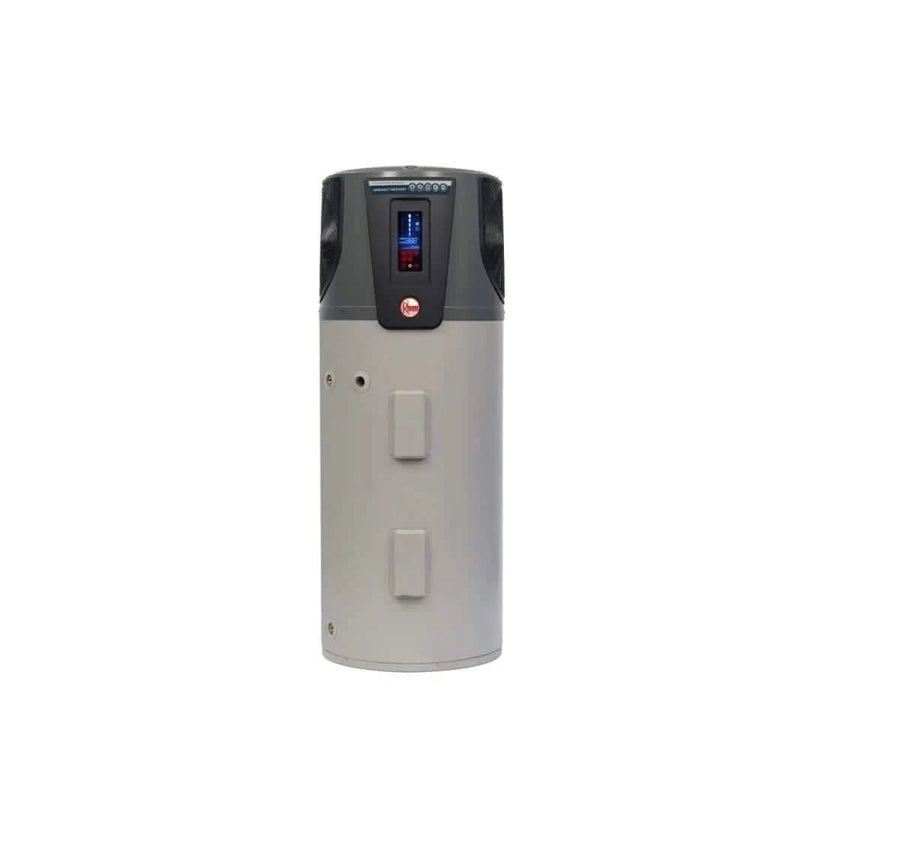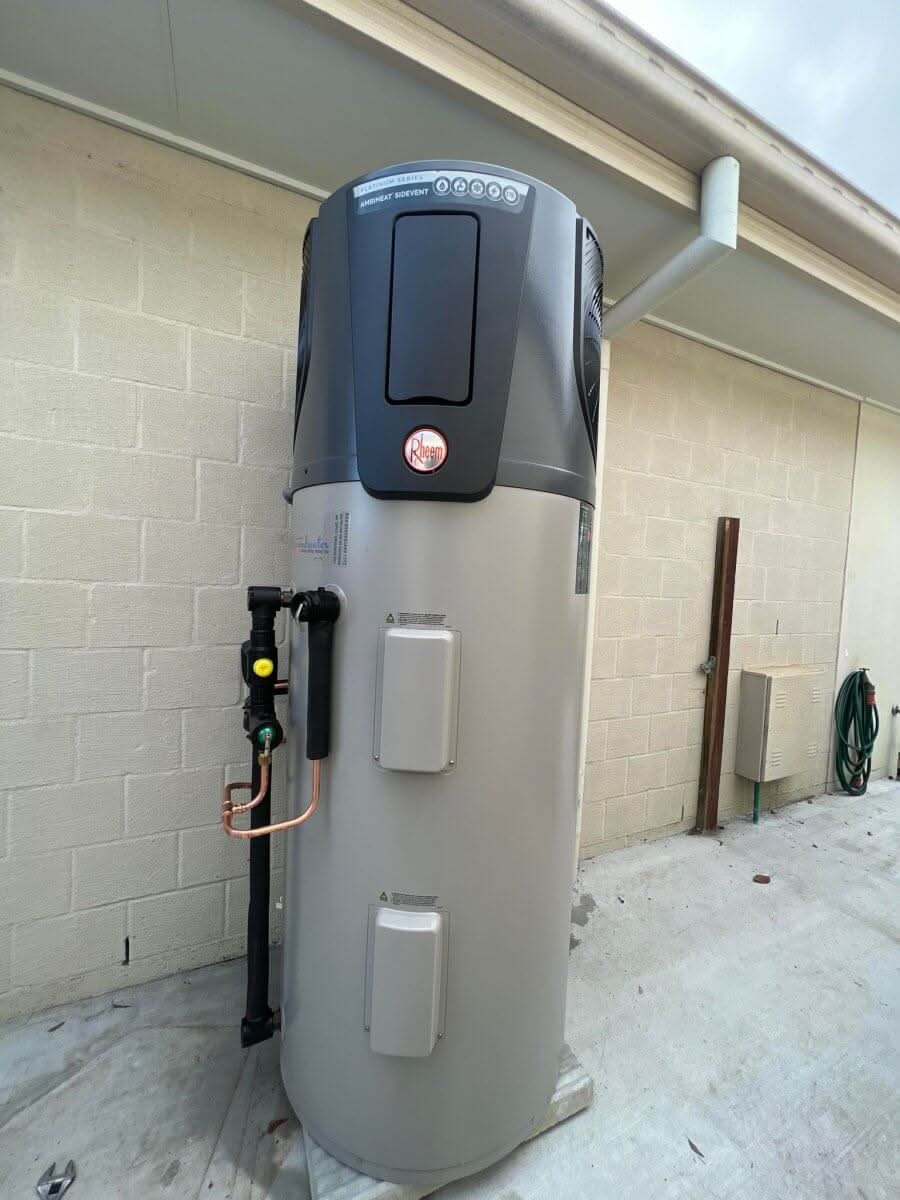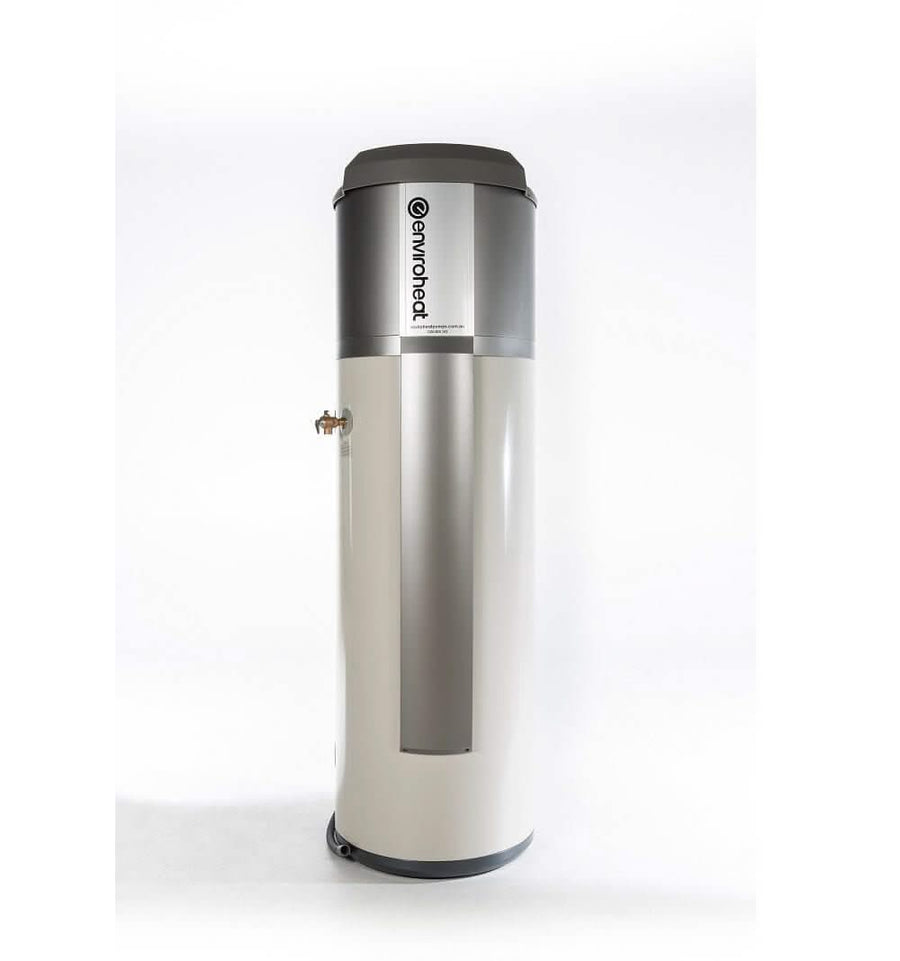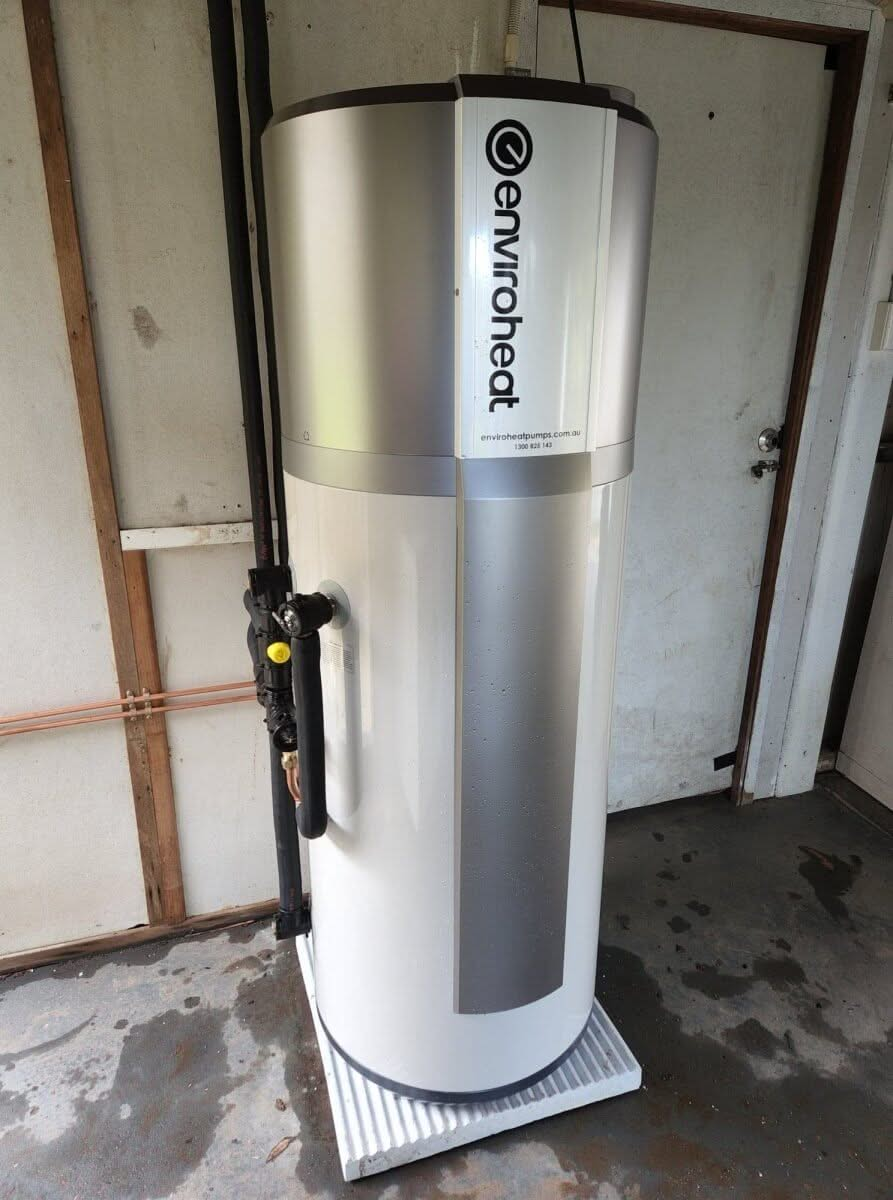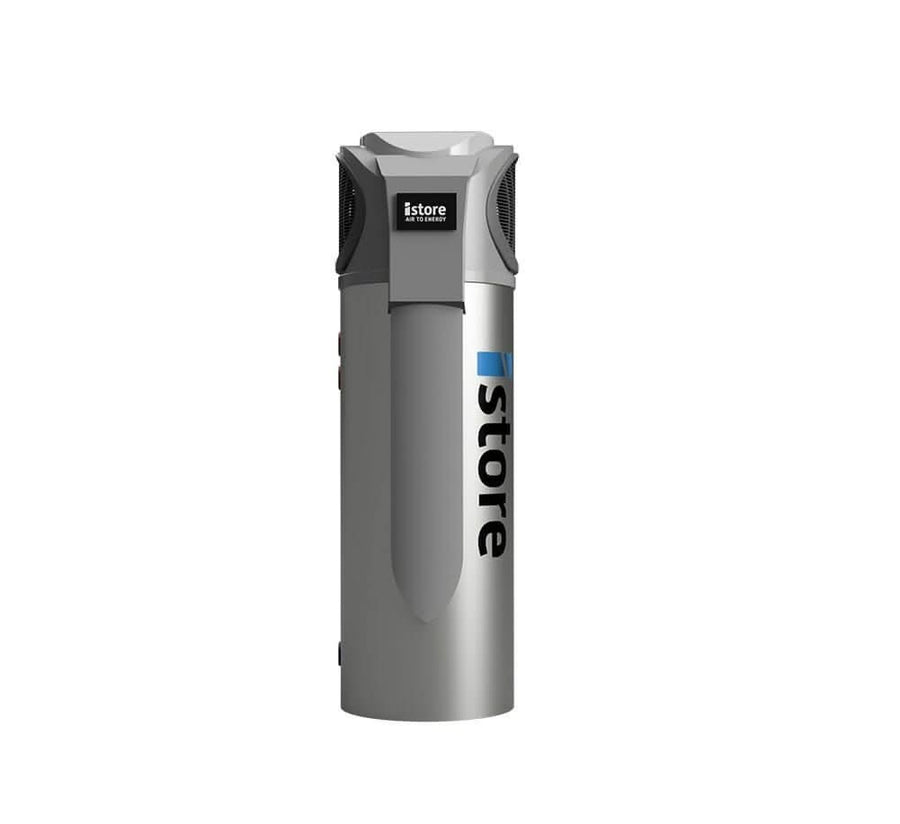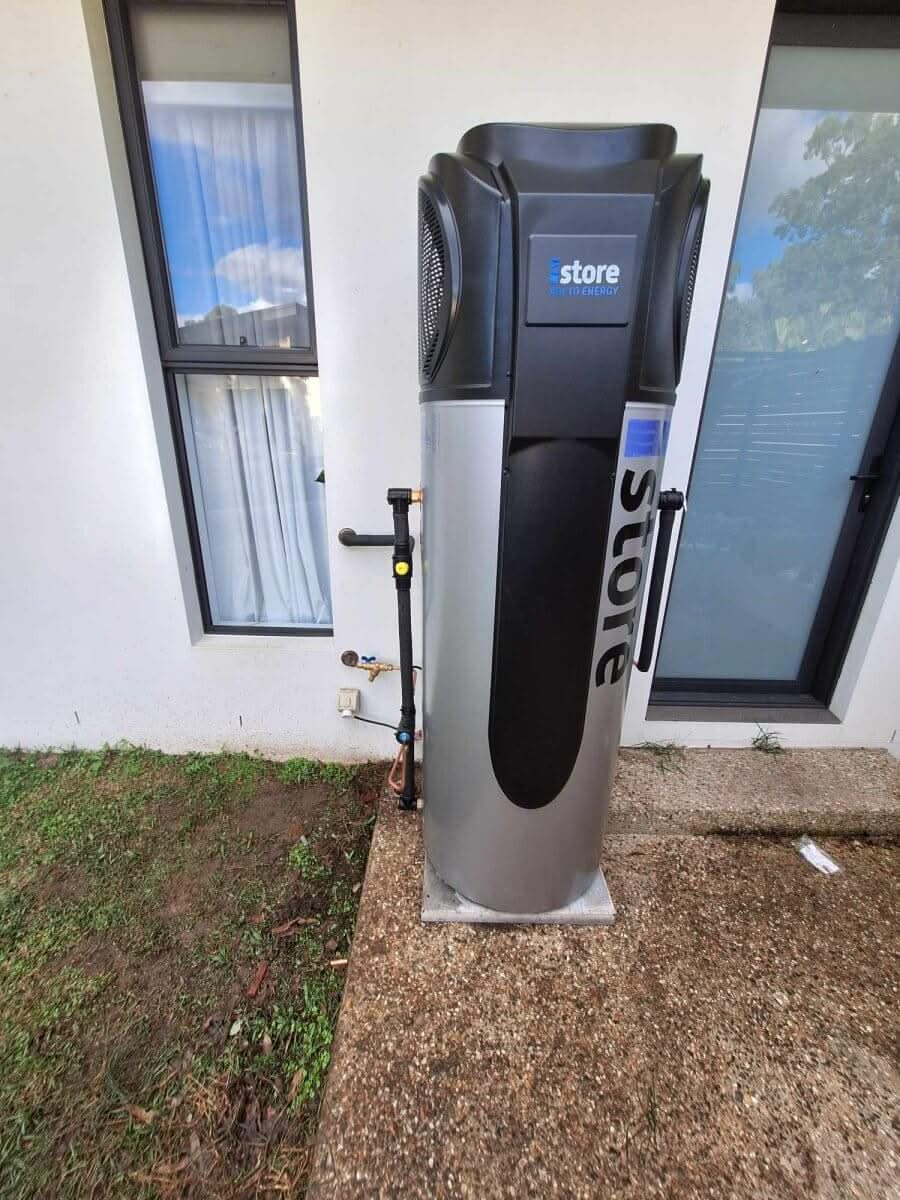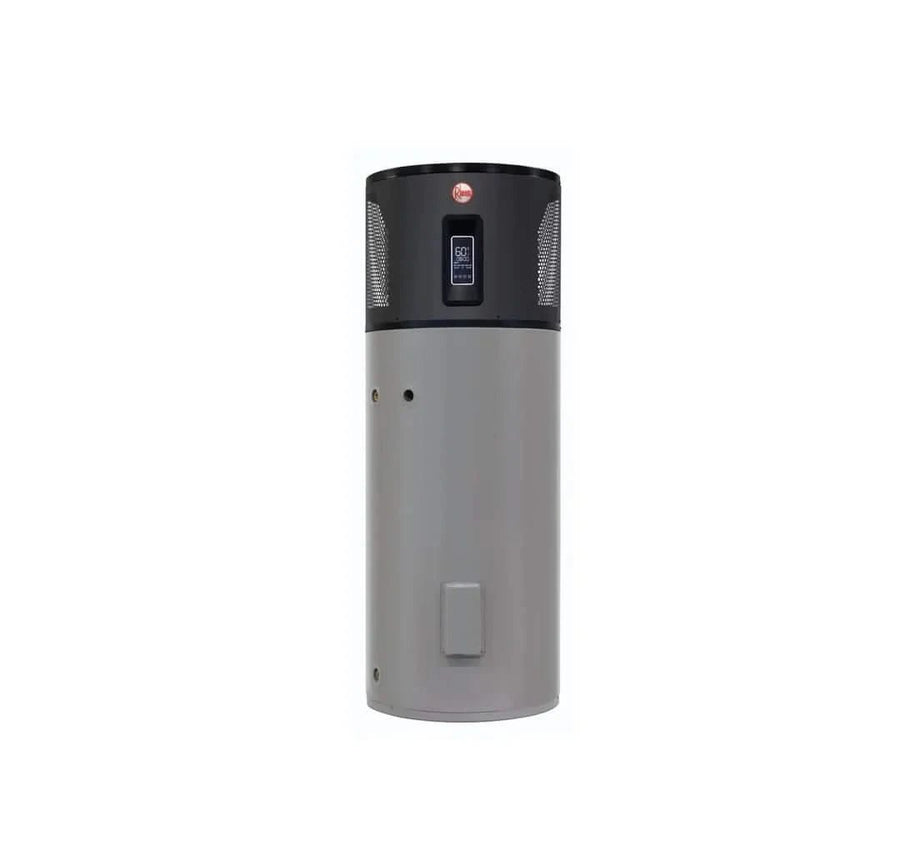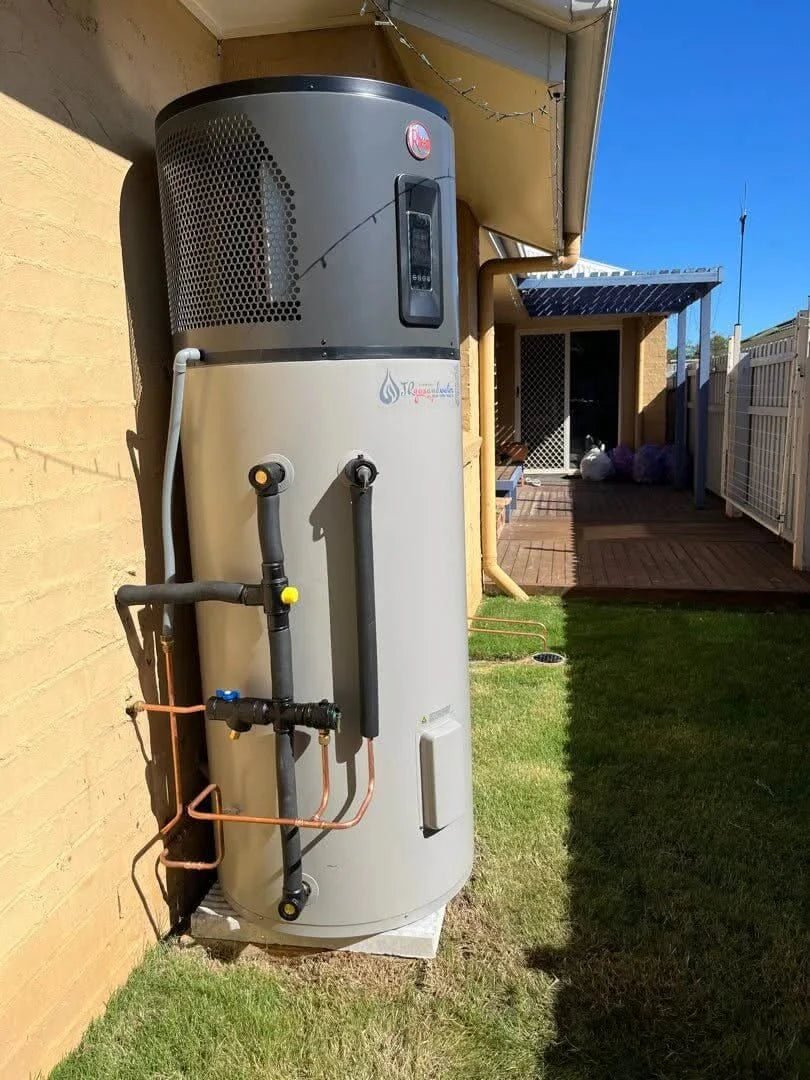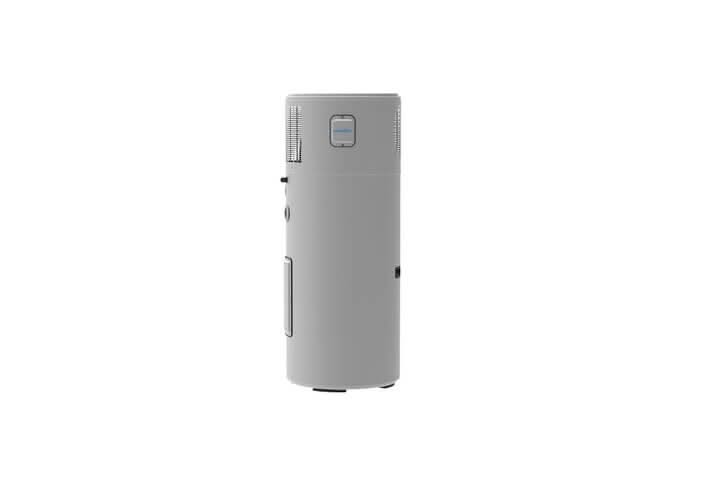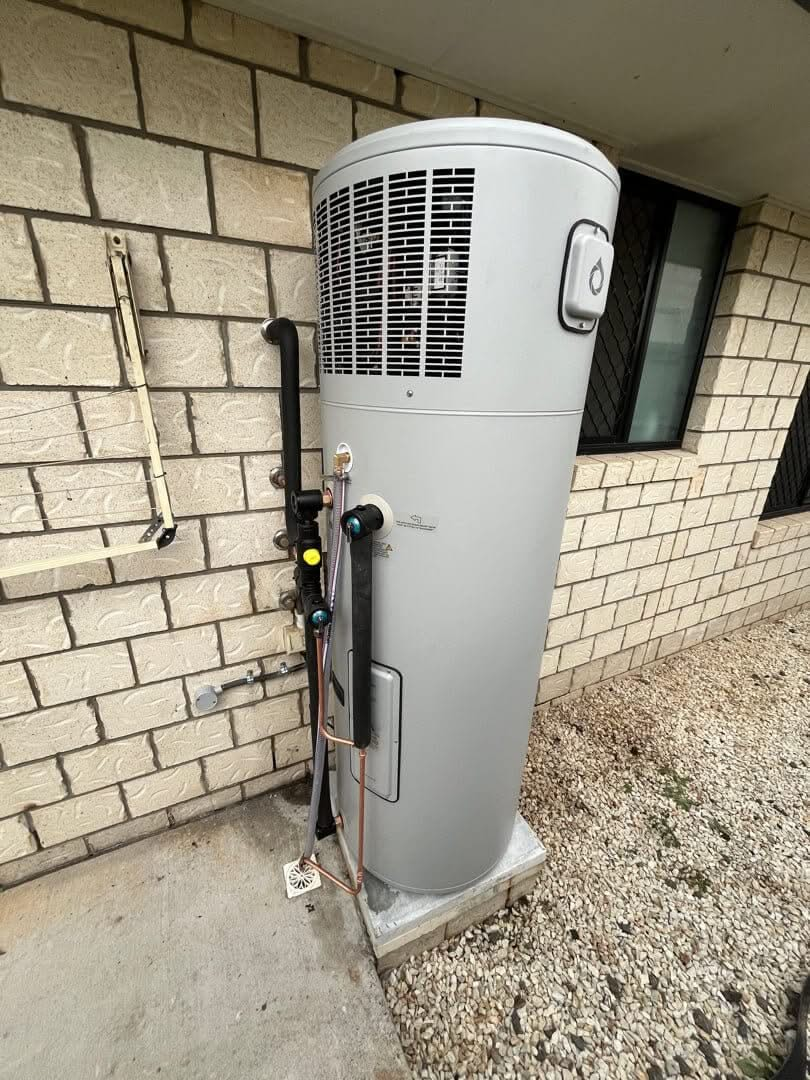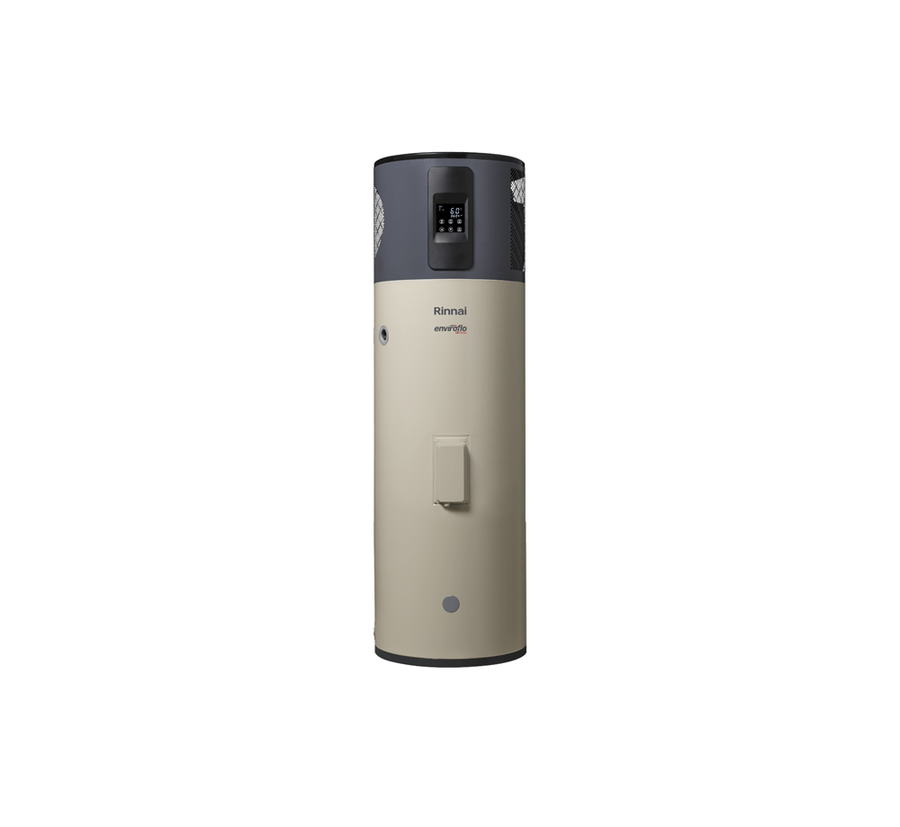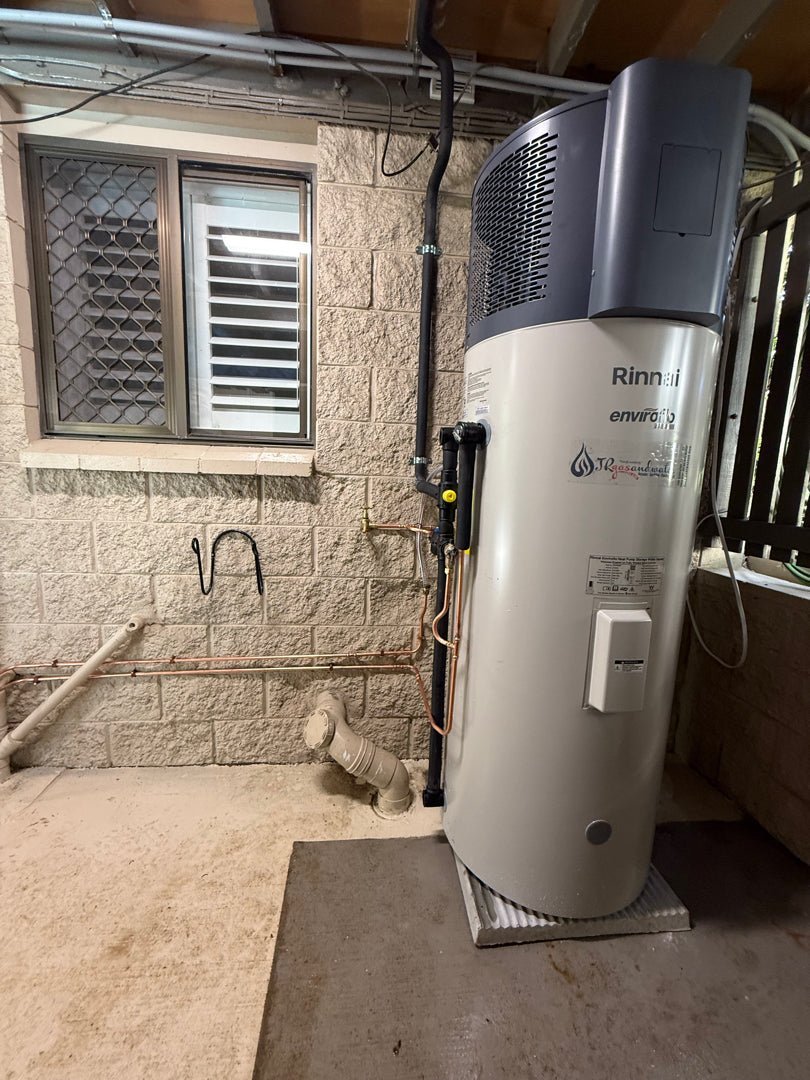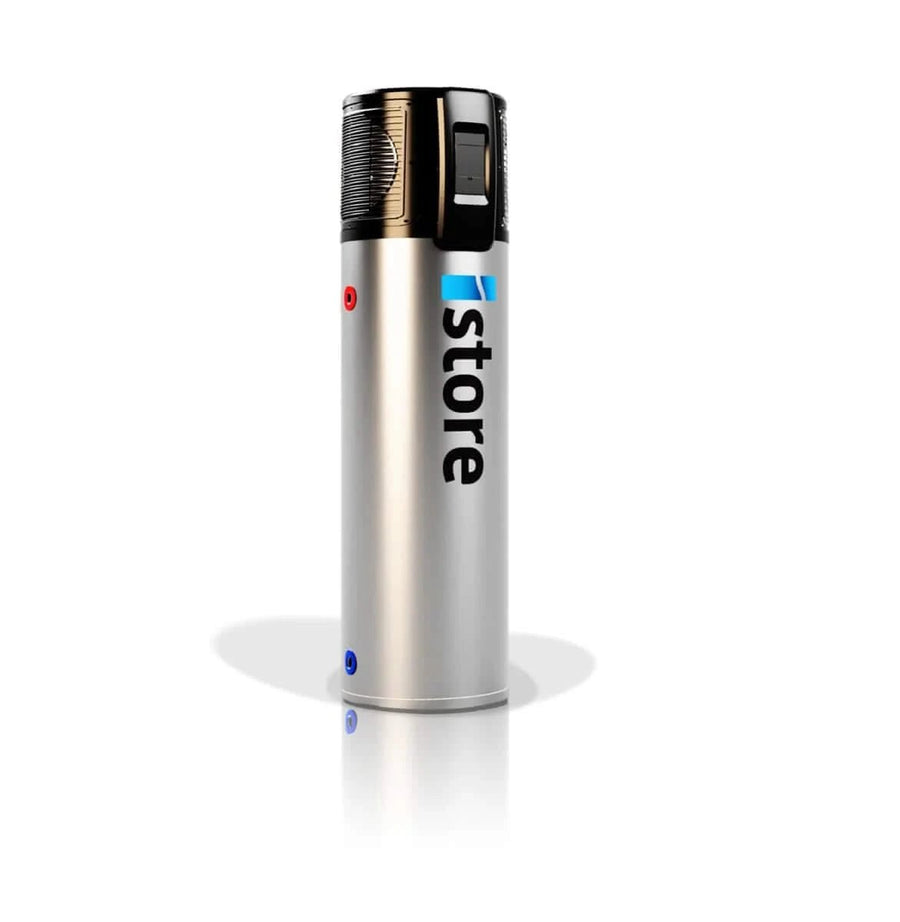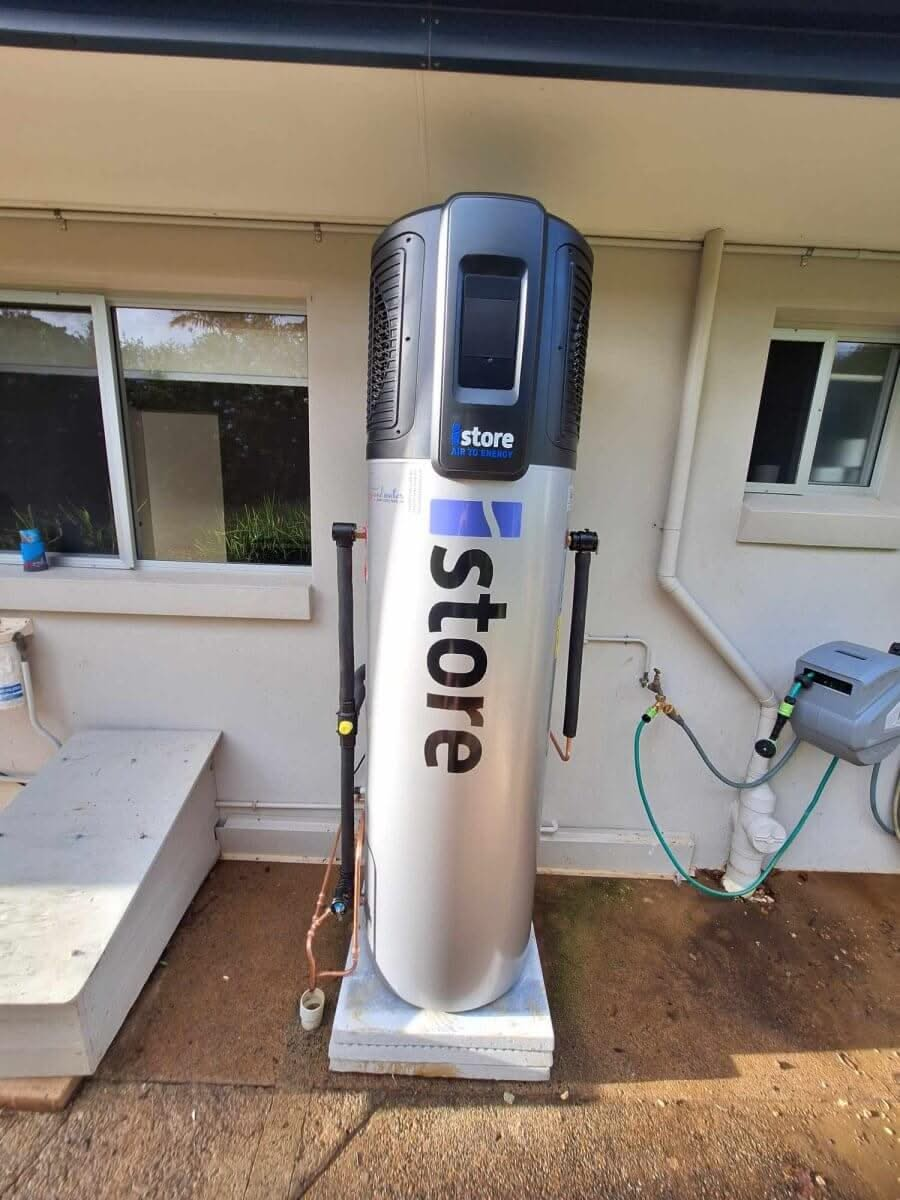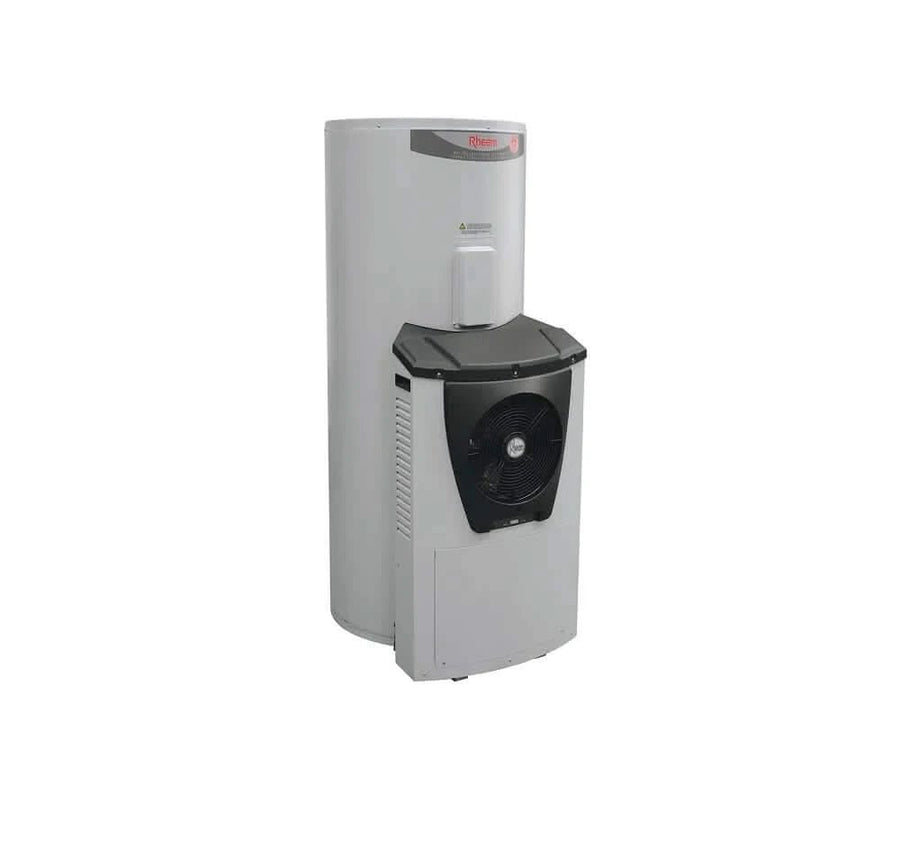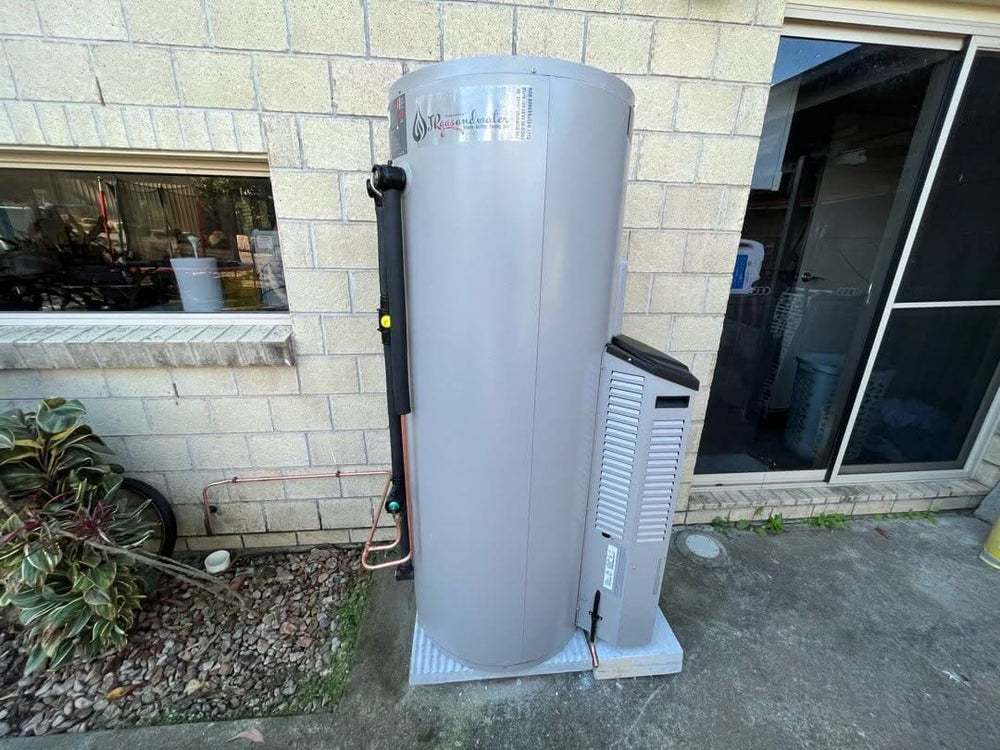Best Instant Electric Hot Water System for Energy Efficiency
Wondering if an instant electric hot water system is right for you? These systems provide hot water on demand, using an innovative design that heats water as it flows. This ensures you always have hot water without the need for a bulky storage tank, making it a space-saving and energy-efficient option for any home. In this guide, we’ll explore how these systems work, their benefits, installation processes, costs, and more.
Key Takeaways
-
Instant electric hot water systems provide on-demand hot water, improving energy efficiency and saving space compared to traditional systems.
-
While initial costs for instant systems may be higher, long-term savings from lower energy bills and maintenance make them a wise investment.
-
Choosing the right instant electric hot water system involves considering household size and usage needs, as well as ensuring proper installation and maintenance for optimal performance.
Understanding Instant Electric Hot Water Systems
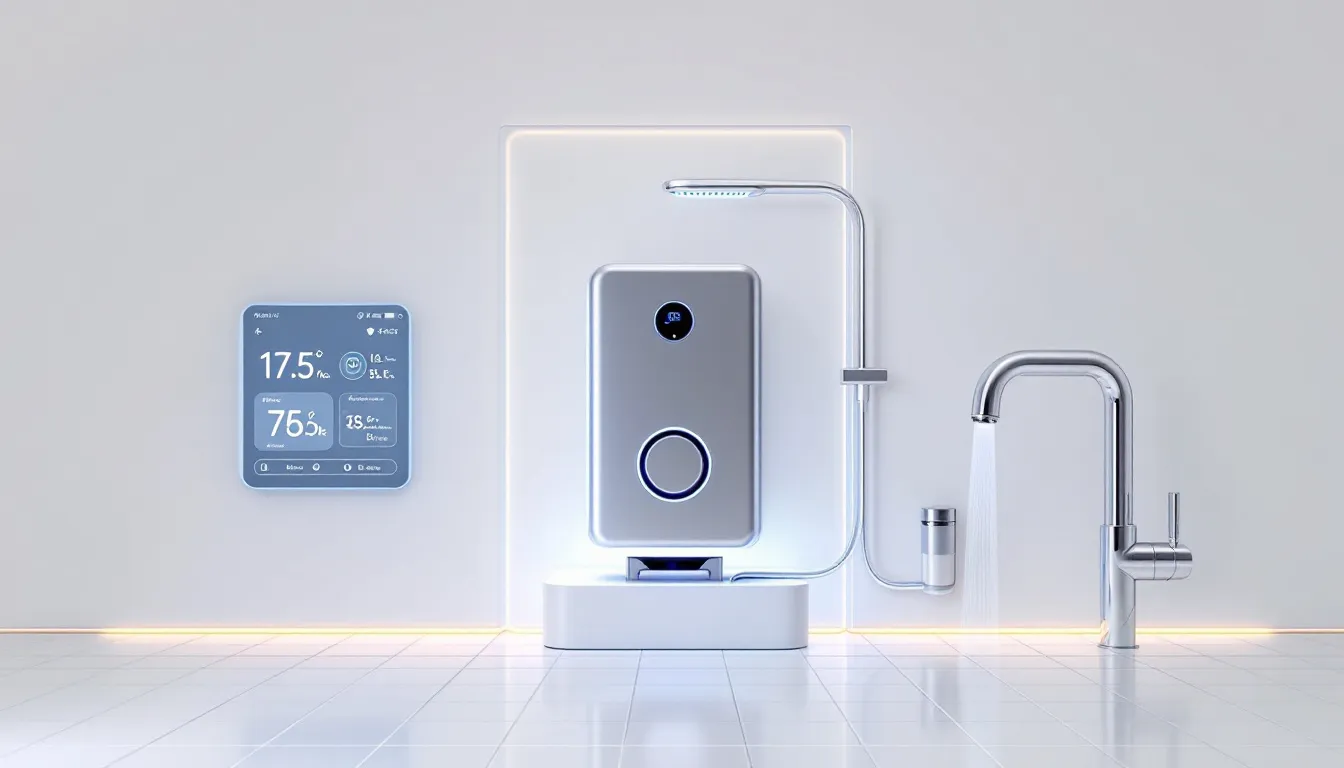
Instant electric hot water systems are marvels of modern engineering, designed to heat water as it flows through the unit. This innovative approach ensures that you receive hot water on demand, without the need for a bulky storage tank. The core technology behind these electric continuous flow systems involves a flow sensor and a special heating element that activates only when hot water is needed, allowing for higher flow rates and energy efficiency. Choosing the right hot water system can significantly enhance your experience.
Unlike traditional storage tank systems that maintain a constant supply of hot water, instant electric hot water systems heat water only when the tap is turned on. This not only saves energy but also space, as there’s no need for a large tank. These systems are perfect for homes with limited space or for those who want to maximize their energy savings.
One of the most significant advantages of these systems is their ability to provide continuous hot water. There’s no waiting for a tank to refill and reheat; you get an uninterrupted supply of hot water whenever you need it. This is particularly beneficial for households with high hot water demand or those who enjoy long showers.
Transitioning seamlessly, it’s clear that the benefits of instant electric hot water systems are numerous. Let’s explore these advantages in detail to understand why they are becoming increasingly popular in homes across the globe.
Benefits of Instant Electric Hot Water Systems

The benefits of instant electric hot water systems are manifold, starting with their remarkable energy efficiency. These systems are designed to heat water only when needed, significantly reducing energy consumption and operating costs. This efficiency translates to lower energy bills, making them a cost-effective option in the long run.
Another notable benefit is the convenience of hot water on demand. Traditional systems often require a warm-up period, but with instant hot water systems, you get immediate access to hot water as soon as you turn on the tap. This eliminates the frustration of waiting for water to heat up, especially during busy mornings.
Space-saving is another crucial advantage. Instant electric hot water systems are compact and can be installed in tight corners, freeing up valuable space in your home. This makes them an ideal choice for apartments or homes with limited storage space.
Durability and low maintenance are also key benefits. These systems tend to last longer than traditional storage tank heaters, which means fewer replacements and lower maintenance costs over time. Upgrading to an efficient hot water system can also lead to significant energy savings and reduced maintenance expenses.
Installation Process for Instant Electric Hot Water Systems
Proper installation is crucial for the optimal performance of instant electric hot water systems. Professional installation not only ensures the system operates at peak efficiency but also minimizes the risk of damage and costly repairs down the line. A correctly installed system can lead to significant energy and cost savings over its lifespan.
The installation process typically involves several key steps. First, a platform is constructed to securely position the unit. Then, the unit is carefully placed in an appropriate location, often in close proximity to points of use like kitchens or bathrooms. Basic soldering may be required to connect the system to existing plumbing.
It’s important to avoid common errors such as dry firing, using an outdoor unit indoors, or incorrectly attaching the drain line, as these mistakes can compromise the system’s performance.
Cost Analysis: Instant Electric Hot Water vs Traditional Systems
When it comes to costs, instant electric hot water systems typically have higher upfront costs compared to traditional storage tank systems. The price range for these systems can vary from $450 to $1,599, depending on the model and features. Installation costs might also be higher due to the need for specialized electrical work.
However, the long-term savings provided by these systems often outweigh the initial investment. Instant electric hot water systems are more energy-efficient, which can lead to significant reductions in your energy bills over time. Additionally, they have lower maintenance costs since they do not have storage tanks that are prone to corrosion.
For households with high hot water demand, continuous flow systems can be more cost-effective in the long run, providing consistent hot water without the need for large storage tanks. While the upfront costs might be higher, the efficiency and reliability of these systems make them a wise investment for many homeowners.
Choosing the Right Instant Electric Hot Water System
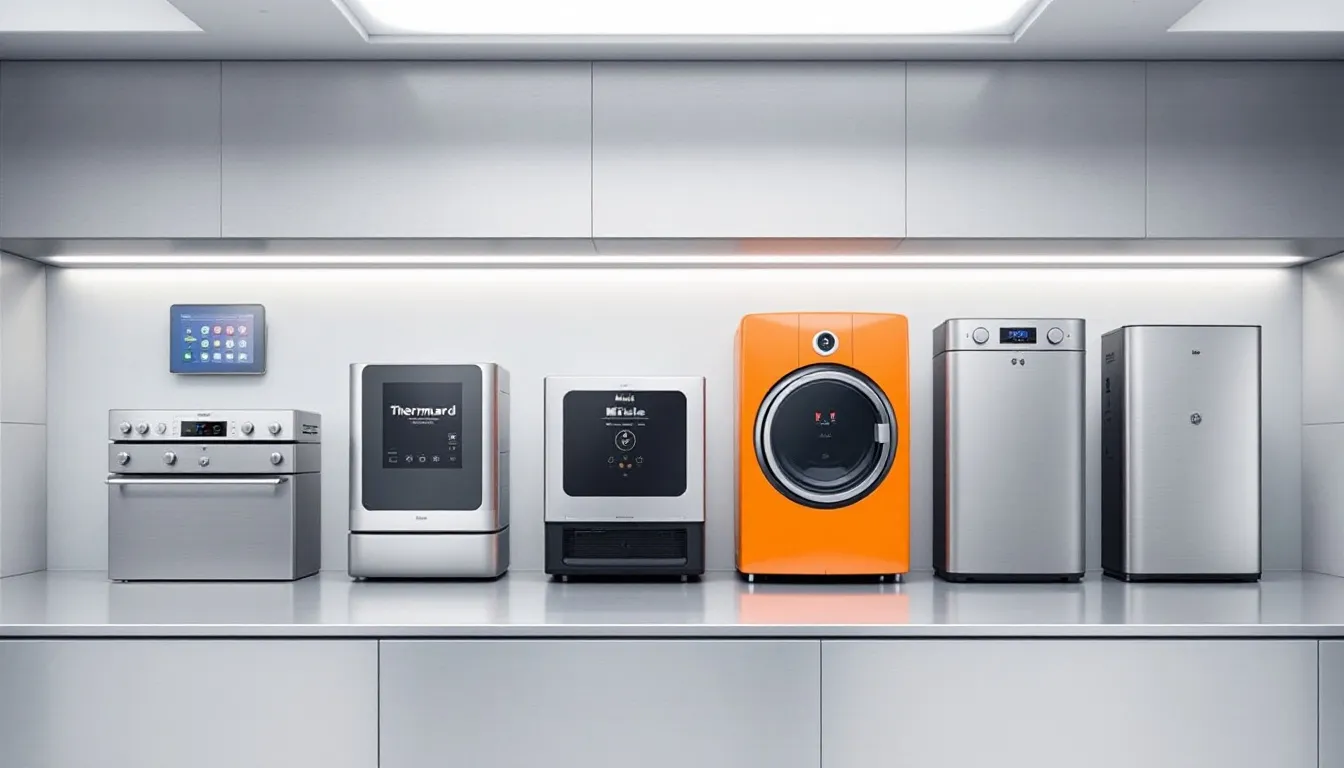
Selecting the right instant electric hot water system involves considering several factors, including household size and hot water needs. It’s essential to choose a unit that matches your specific usage to ensure efficiency and performance. Households with 1-3 people often need a tank size of 80 to 125 liters. Medium-sized families generally require 125 to 250 liters, while larger households should opt for 250 to 400 liters.
Reputable brands like Stiebel Eltron and Bosch offer various models tailored to different needs. For example, the Stiebel Eltron DEL18+/50 is designed to supply hot water for multiple taps simultaneously, making it an excellent choice for larger homes. Similarly, the Bosch Electric Mini Tank Water Heater is ideal for space-saving installations and can efficiently provide hot water to multiple sinks.
Proper placement and sizing of the hot water system are crucial for optimal performance. Placing the unit close to points of use can reduce heat loss and improve efficiency. Models like the Rheem RTEX-13 feature digital thermostats and remote management via smartphone apps, offering precise control and convenience.
In summary, choosing the right system involves matching the unit to your household’s hot water needs, selecting a reputable brand, and ensuring proper placement and sizing for maximum efficiency.
Energy Efficiency and Environmental Impact
Energy efficiency is one of the standout features of instant electric hot water systems. These systems are designed to minimize unnecessary energy waste, significantly reducing running costs compared to traditional tank heaters. For instance, models like the EcoSmart ECO 27 utilize self-modulating technology to adjust energy consumption based on demand, enhancing efficiency.
Switching to energy-efficient hot water systems not only reduces costs but also has a positive environmental impact. By using less energy, these systems help lower greenhouse gas emissions, supporting efforts to achieve net-zero emissions targets. Government incentives and rebates can also make these energy-efficient systems more affordable, providing substantial discounts for replacing old electric water heaters.
Brands like Stiebel Eltron have developed compact designs and electronic controls that further optimize energy utilization, ensuring that you get hot water on-demand without wasting energy. By choosing an efficient hot water system, you contribute positively to the environment while enjoying the benefits of reduced energy costs.
Maintenance Tips for Instant Electric Hot Water Systems
Maintaining your instant electric hot water system is essential for ensuring its longevity and optimal performance. These systems typically have a lifespan exceeding 20 years, compared to the 10-15 years of conventional tanks. Routine maintenance tasks, such as releasing the relief valve every few months, can significantly prolong the system’s lifespan.
Regular inspections are recommended to identify potential issues early and ensure the unit operates efficiently. Flushing the system periodically helps prevent mineral build-up, maintaining optimal performance. In areas with hard water, descaling the unit using a vinegar solution can effectively remove minerals without harming the system.
Additionally, turning off the power and closing water valves before performing maintenance tasks is crucial for safety. By following these maintenance tips, you can ensure that your instant electric hot water system remains reliable and efficient for many years.
Top Instant Electric Hot Water System Brands
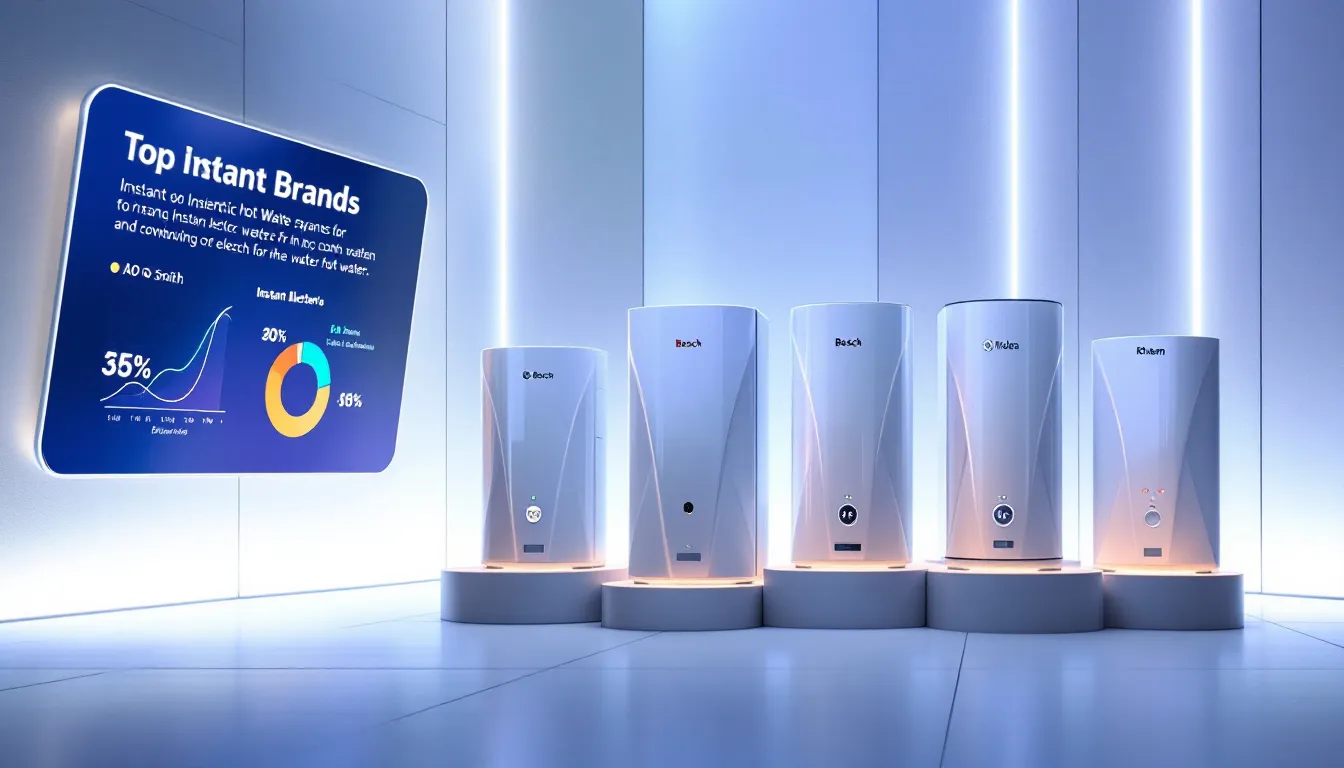
When it comes to choosing a reliable instant electric hot water system, several brands stand out. Stiebel Eltron, Rinnai Flowmaster, and Bosch Electric Tankless are some of the best options available. These brands stand out in their category. Stiebel Eltron, in particular, is renowned for providing instant access to hot water and is considered one of the best options available on the market.
These brands offer a variety of models to suit different needs. For example, Stiebel Eltron provides both single-phase and three-phase instantaneous heaters, as well as compact storage heaters. Most manufacturers, including these top brands, generally provide a one-year warranty from the date of purchase, ensuring peace of mind for consumers.
Addressing Common Concerns
One common concern with instant electric hot water systems is their performance during power outages. These systems rely on electricity, so a power outage can disrupt their operation. However, there are backup power options available, such as generators, UPS, and backup batteries, to ensure you still have access to hot water during outages.
Another issue might be the need to reset the system to factory settings after a power outage. Typically, it takes about two hours for the system to restore full functionality once power is restored. By being aware of these potential issues and having backup solutions in place, you can ensure that your instant electric hot water system remains reliable and efficient.
Maximizing Efficiency with Your Instant Electric Hot Water System
To maximize the efficiency of your instant electric hot water system, proper installation is key. Ensuring that the system is installed close to points of use, such as bathrooms and kitchens, reduces heat loss and improves overall performance. Maintaining a temperature of at least 60 degrees Celsius is also recommended for optimal performance.
Insulating your hot water pipes is another effective way to enhance efficiency. This minimizes heat loss and ensures that the hot water reaching your taps is as hot as possible.
By following these tips, you can ensure that your instant electric hot water system operates efficiently and provides reliable hot water on demand.
Alternatives to Instant Electric Hot Water Systems
While instant electric hot water systems offer numerous benefits, there are alternatives worth considering. Gas-powered systems, for instance, are known for their lower running costs and higher energy efficiency. These systems heat water on-demand, similar to electric models, and can be particularly efficient for smaller households.
Electric storage hot water units are another option, offering affordability and simplicity, though they are limited by their tank capacity. Heat pumps, which transfer heat from a cool space to a warmer space, provide a unique and energy-efficient solution for hot water needs.
Each of these alternatives has its own set of advantages and drawbacks, making it important to choose the right system based on your specific needs.
Summary
In summary, instant electric hot water systems offer a range of benefits, including energy efficiency, on-demand hot water, and space-saving designs. They provide significant long-term savings and are ideal for modern households with high hot water demand. By selecting the right system and following proper maintenance practices, you can ensure reliable and efficient hot water for years to come.
Choosing an energy-efficient hot water system not only reduces costs but also contributes positively to the environment. With a variety of reputable brands and models available, there is an instant electric hot water system to meet every household’s needs. Embrace the convenience and efficiency of these systems and enjoy the myriad benefits they offer.
Frequently Asked Questions
What are the advantages of electric hot water systems in regions with government rebates?
Electric hot water systems offer affordability, especially in warm and temperate regions, as government rebates significantly reduce purchase costs. This makes them an attractive choice for many households.
What critical factors should be considered when selecting an electric storage hot water system?
When selecting an electric storage hot water system, it's essential to consider capacity, energy efficiency, tank type, installation requirements, maintenance, and brand reputation. These factors ensure that the system meets your needs effectively and reliably.
What is the primary power supply requirement for electric hot water systems?
Electric hot water systems primarily require a 240-volt power supply to operate effectively. Ensure that your electrical setup meets this requirement for optimal performance.
How do electric hot water systems compare in running costs to gas or solar models?
Electric hot water systems are generally cheaper to run than gas or solar models, making them a cost-effective choice for many households.
How can choosing an efficient heater benefit the environment?
Choosing an efficient heater significantly reduces energy consumption, which lowers greenhouse gas emissions and minimizes your carbon footprint. This contributes positively to environmental sustainability.




